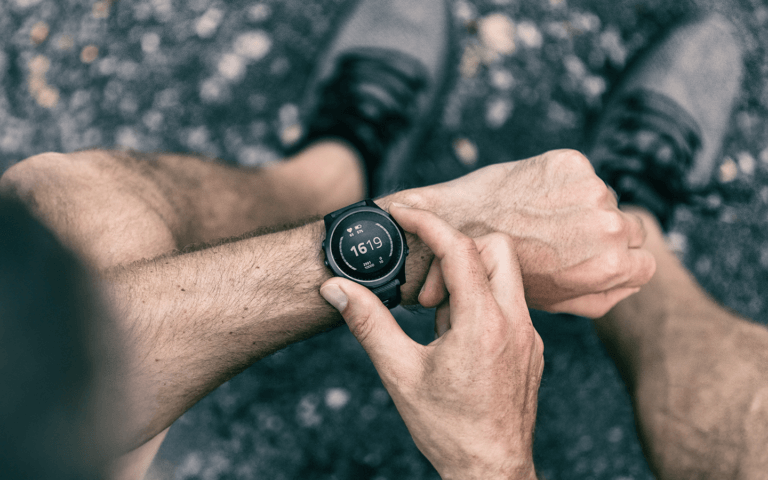Those who sleep for five hours or less have a 30% greater chance of developing chronic conditions, such as diabetes, heart disease or cancer, according to a recent study by PLoS Medicine.
While many people struggle to sleep, the cost-of-living crisis is also seeming to make our sleeping habits worse. A recent study by Sun Life showed that two in five adults (41%) are struggling to sleep at night due to worrying about money, with those aged 50 plus are worrying the most.
However, regular exercise can have huge benefits on your sleeping habits. Light-to-moderate exercise before bed can increase sleep quality by reducing sleep onset (the time it takes to fall asleep) and decrease the amount of time you awake in bed during the night.
With that being said, experts at Bed Kingdom have revealed five cost-effective light exercises that may help you to fall asleep easier this winter, leaving your finances and health in tip-top condition.
Yoga

Yoga is a gentle, effective way to wind down after a busy day, and practicing yoga at night can help you relax before you go to bed so you can sleep better.
Yoga can help you practice slow, controlled breathing which stimulates your vagus nerve. This nerve affects your parasympathetic nervous system (PNS), which controls your body’s rest function, making it easier to switch off. Yoga can also lower your heart rate and improve digestion as well, all qualities for a good night’s sleep.
Plus, you don’t need to break the bank to perform yoga. All you need is a yoga mat and a clear space in your home, preferably not in your bedroom. You can find a plethora of free videos to follow on YouTube. Try for 30 minutes an hour before bedtime to see improvements in your sleep.
Walking
With the cold, dark winter nights creeping up on us, it’s tempting to stay indoors and shut out the world. However, going for a walk in the evening can help send you off to sleep, plus, it’s completely free.
Walking can reduce stress and improve mental health, meaning it can help clear your mind of any anxieties before you head to sleep. Regular walking can also help to strengthen the immune system and prevent conditions such as high blood pressure. A healthy body means better sleep.
Try going for a light walk for one-to-two hours before bed. If the cold weather seems unappealing to you, bring a flask of chamomile tea. The antioxidants will calm the mind and help you drift off to sleep.
Cycling
Many of us have a bike stuffed away in a garage that we never use. But, like walking, going for a light cycle in the evening can help improve sleep quality and is also completely free.
A light cycle can improve overall health and burns calories and energy, meaning your sleep won’t be as disrupted throughout the night. Cycling can also greatly improve lung health, which can help with any respiratory problems. A quick 20-to-30-minute cycle a day can be hugely beneficial.
Plan a cycle route through a park or near the countryside. Getting into an open space, away from the hustle and bustle of a city or a busy residential area can make huge increases in mental well-being. Just make sure to wear reflective clothing and have a torch installed onto the front of your bike for good measure.
Swimming

If you’re lucky enough to live near a local swimming pool, try going for a swim in the evenings to see how it can improve your sleep quality. Many swimming pools have membership deals which means the cost is reduced every month.
Swimming at night burns off left-over energy and releases feel-good endorphins that reduce stress and provide a calming effect that helps you fall sound asleep. Light techniques, such as breaststroke, are an effective way to burn energy without overdoing it.
Aim for 30 minutes, a couple of nights a week, two-to-three hours before you head to sleep. Having a hot shower after your swim can also help to relax your body, making it easier to drift off.
Aerobics
Aerobics is another cost-effective way to get some exercise before heading to bed. Regular aerobic exercise can level-up sleep quality and reduce excessive daytime sleepiness for those who suffer from insomnia.
Moderate aerobic activities can also decrease the severity of sleep-disordered breathing conditions like obstructive sleep apnea.
There are hundreds of videos online for you to discover, ranging from 15 minutes to an hour. Just find an open space in your home and practice for up to an hour before sleeping.
Full Body Stretches You Can Do At Home To Let Your Body Know That Sleep Is On Its Way






